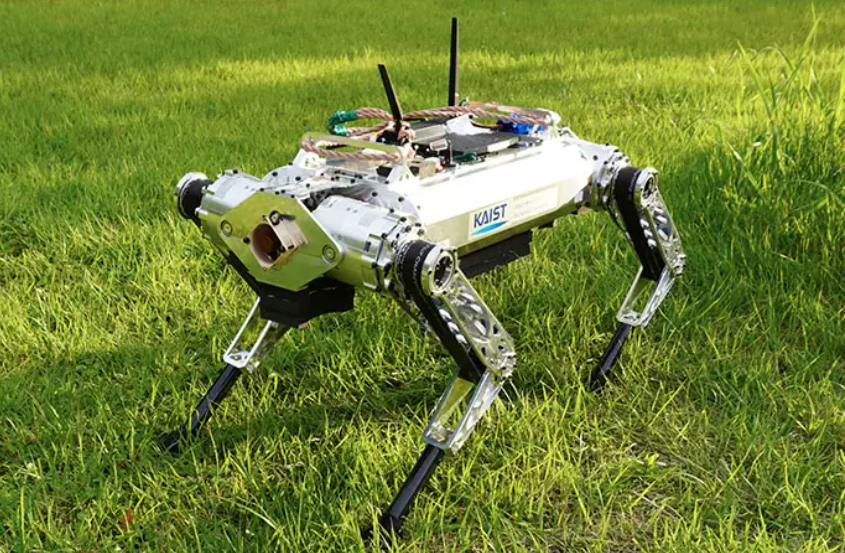
Daejeon, South Korea – A team of researchers at the Korea Advanced Institute of Science and Technology (KAIST) has announced that their quadruped robot, Raibo 2, will attempt to complete a full marathon (42.195 km) at the 2024 Sangju Ggotgam Marathon on November 17th. This marks the first time a quadruped robot will attempt to run a full marathon, providing a real-world test of the robot's capabilities.
Raibo 2 has already demonstrated impressive endurance in a pre-test, completing a 43 km run in 4 hours and 40 minutes on the KAIST campus. This pace is comparable to the average male runner or a top female runner.
Quadruped robots have the potential to perform tasks in challenging environments, such as factories, disaster zones, and mountainous terrains. However, a major limitation has been their limited range. The energy consumption required to support the robot's weight and overcome uneven terrain has typically limited their operating range to around 20 km.
Raibo 2 addresses this limitation with a significantly improved battery life, capable of continuous operation for 43 km on a single charge. The robot also features a faster gait, achieving a speed of 6 meters per second compared to its predecessor's 3.8 meters per second.
These advancements were achieved through a combination of hardware and software improvements. The research team developed a new control algorithm based on reinforcement learning, which allows the robot to optimize its gait for energy efficiency. Additionally, they created a detailed simulation model of the robot to test different gait patterns and identify areas for improvement.
The team also addressed the battery drain issue that caused Raibo 2 to fail to complete a previous marathon attempt. By improving the robot's mechanical design and control system, they were able to increase the battery capacity and reduce energy consumption.
"This research is a significant step towards expanding the operational range of quadruped robots to urban environments," said Lee Chung-in, a researcher involved in the project. "By analyzing the robot's performance in a real-world marathon, we can identify areas for further improvement and accelerate the development of more advanced quadruped robots."
[Copyright (c) Global Economic Times. All Rights Reserved.]





























